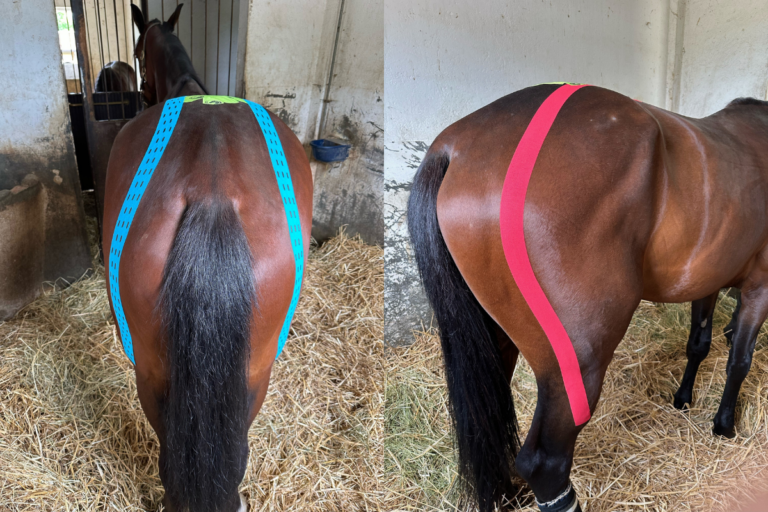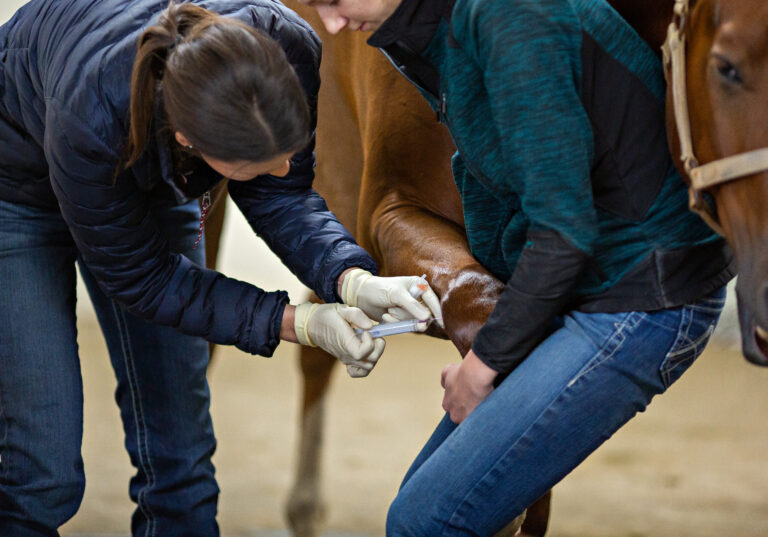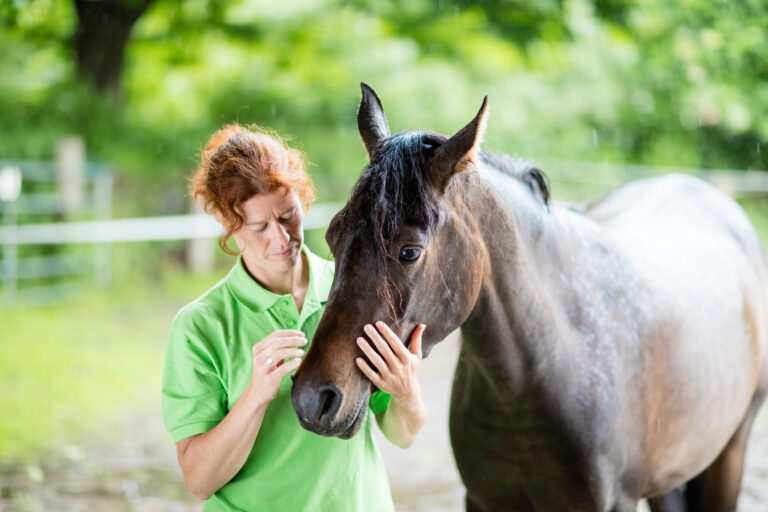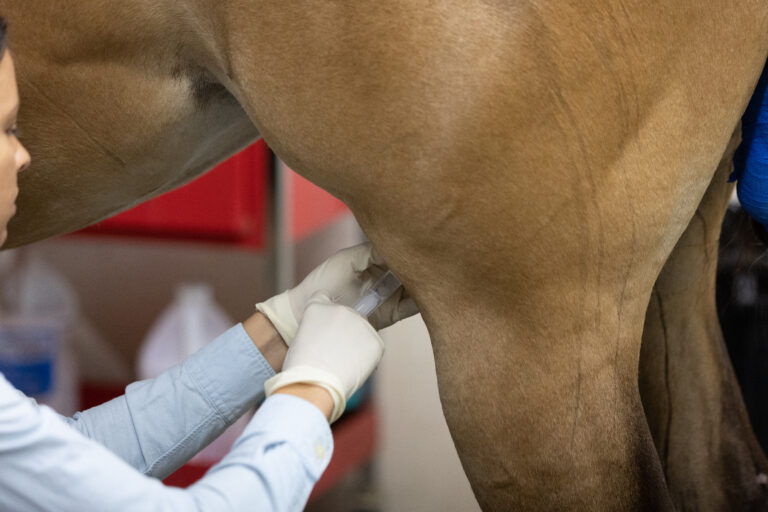
Stomach ulcers affect 36 to 53 percent of horses used for recreation. Stomach ulcers refer to sores along the lining of the stomach from prolonged exposure to normal stomach acid. Management, diet, exercise, and stress can all play a role in the occurrence of stomach ulcers in horses. Researchers at Clemson University and Cairo University evaluated the effect of severity of stomach ulcers on horse behavior and heart rate associated with pain.
The researchers examined eight horses (15±4 years old) that were part of a larger study and had been induced and diagnosed via endoscopy with stomach ulcers. Half of the subjects had mild ulcers and the other half had severe ulcers. For three consecutive days, the researchers 1) monitored the horses’ heart rates for two hours daily and 2) videoed horse behavior daily for three two-hour periods (morning, noon and evening).
Horses with severe ulcers had higher heart rates (63 beats per minute) and ratios of low to high frequency waves (5 percent) than those with mild ulcers (51 beats per minute, 3 percent). Elevated heart rate and frequency ratio are known indicators of stress and anxiety. Regardless of the time of day, horses with severe ulcers more frequently displayed the following behaviors compared to those with mild ulcers:
- Eating
- Passing feces and urine
- Kicking their belly
- Swishing their tail
- Pawing
- Shaking their head
- Looking back
- Moving their tongue in and out of their mouth
- Being restless
The results of this study suggest an association between behavior and heart rate with severity of stomach ulcers. Horses with severe ulcers tended to express more signs of stress through behavior and heart value indicators. Additional research is needed to better understand the relationship between these signs and pain associated with stomach ulcers varying in severity. However, these results highlight the importance of recognizing potential behavior and heart responses to stomach ulcers in equine patients.
For more information on this research, read the abstract published in the Journal of Veterinary Behavior.




